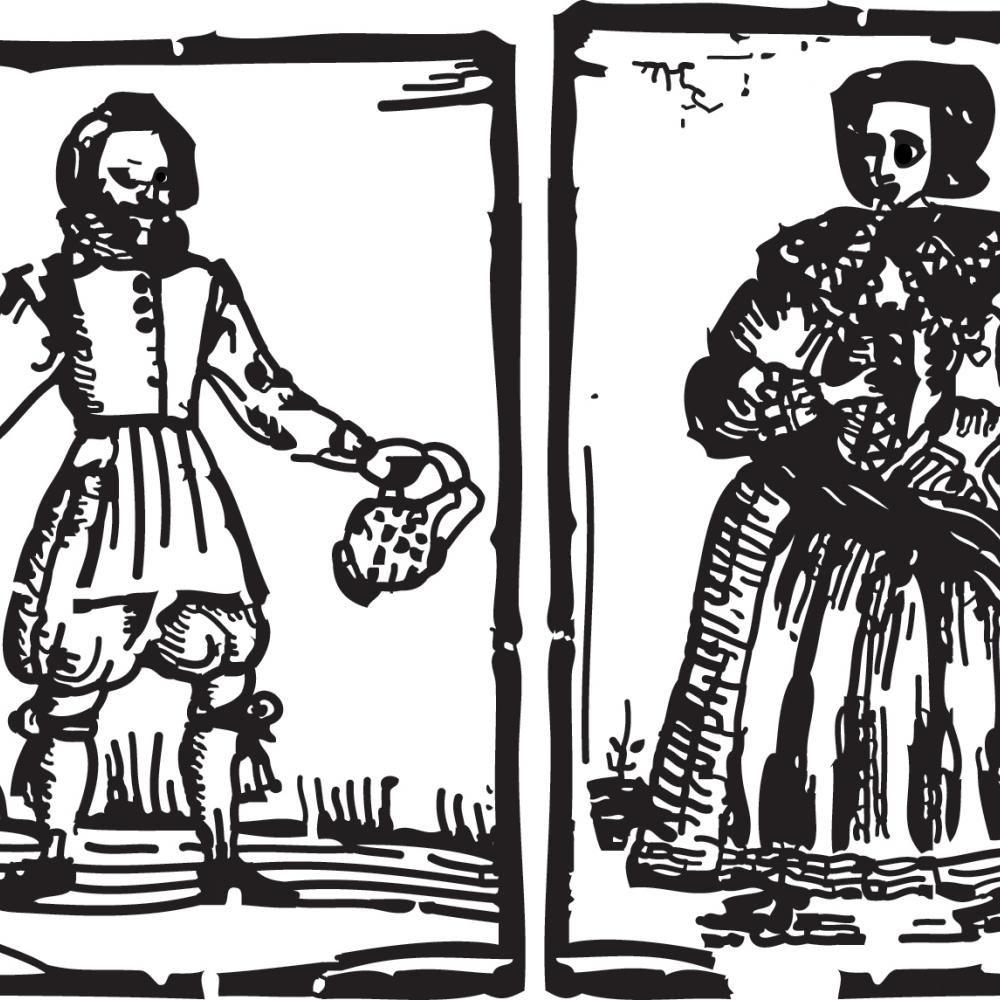Two things that wouldn’t seem to go together—video games and early modern British history—are turning out to be a perfect fit at the University of South Carolina. A lively dramatis personae of villagers from a fictional place called Travale appear in an instructional video that’s gone through a beta test and is ready for the classroom. There’s Mopish John, who’s depressed, Unlucky Lizzie, who’s unmarried and pregnant, and Absent Andrew, who’d rather knock back a few on Sunday morning than squeeze into a pew. “Desperate Fishwives” is the name of the game.
The educational adventure-game is geared to high school and college students who may find learning about the reigns of monarchs a bit distant and off-putting. The hope is that the bottom-up approach will be a dynamic experience in immersion learning. “Most video games are designed to teach a particular skill set,” says doctoral candidate Grace Hagood, a team member with a background in video game design, “whereas we’re trying to explore a particular time period.” The project, which received an NEH Digital Start-Up grant, is “emergent” and “experimental.” “It’s a game about community,” says Hagood.
Game sessions are an hour in length. Nine players conduct their respective charges through the virtual village, confronting social problems of the day such as witch hunts. In the absence of police, villagers, who all come equipped with varying quantities of social capital, grapple with appropriate solutions. “Everybody ’s got a different role,” explains John Hodgson, a USC graduate student who is writing the code. “You delegate among yourselves and end up cooperating to solve the objective. It’s either you all win or you all lose.”
The project brings together students and faculty from computer science, media studies, and English. “Desperate Fishwives” is a prototype, and the aim, says Heidi Rae Cooley, a team member who works on game aesthetics, is that this game and future ones will help teach students how history unfolds and is “determined by individual decisions.”


